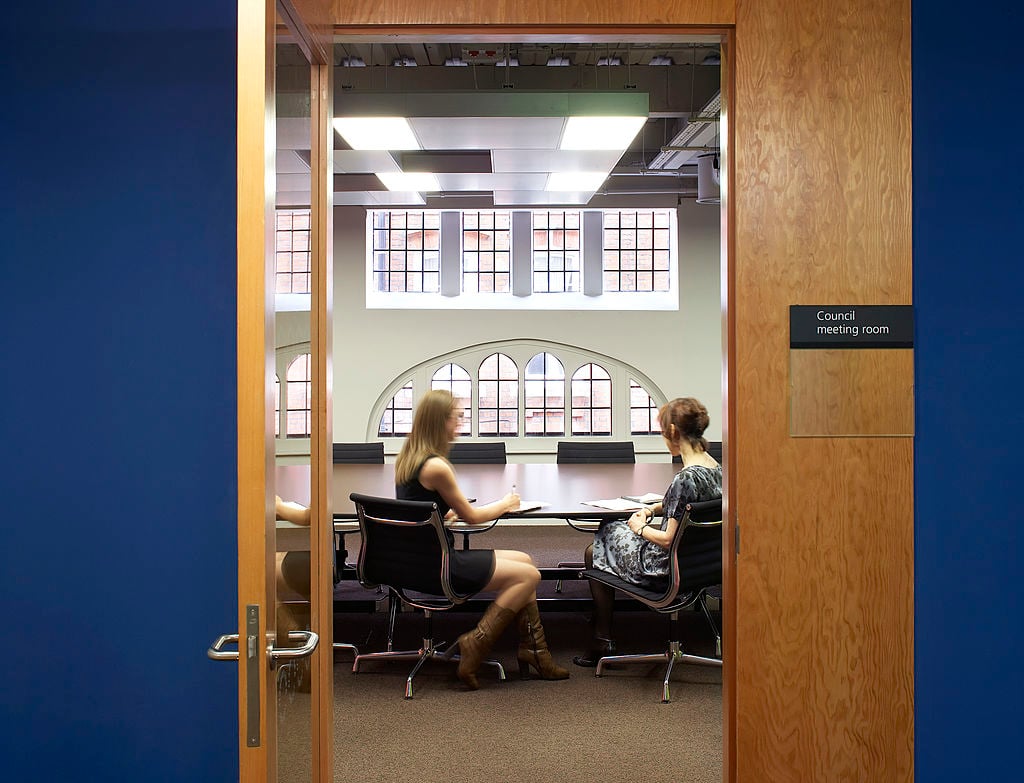
England’s public funding body for the arts has announced a £160 million ($190 million) emergency relief package for artists and arts organizations affected by the ongoing public health situation. Arts Council England announced the fund yesterday, sending out a strong message of support for the country’s creative industries.
The additional funding is meant to save arts organizations from going under, and includes a £20 million package designed to protect the livelihoods of individual artists and freelancers whose incomes have been particularly hit by the government’s partial lockdown of the country.
After museums, galleries, and other cultural venues like theaters were ordered to close, many have strugged to commit to paying all their workers. While the government has launched an unprecedented bailout for salaried workers, freelance artists and cultural workers who have lost most if not all of their income by being instructed to stay at home, have called for greater support.
The Arts Council’s full package includes £90 million ($105 million) for the more than 800 organizations that it supports in its national portfolio, which includes the Southbank Center, Yorkshire Sculpture Park, and the Whitechapel Art Gallery. A further £50 million ($58.5 million) is being made available to organizations that do not get regular funding from the arts council.
When Arts Council England first announced that it was working on emergency funding, Iwona Blazwick, the director of the Whitechapel Art Gallery, told Artnet News that institutions that have moved to a box-office-sale income model for ticketed exhibitions are “very exposed.” That said, Blazwick noted that the Arts Council has been “incredibly supportive” of the institution. The director added that the Arts Council has been “proactive” in thinking about how to support “people in that gigantic freelance economy who are very vulnerable.”
Indeed, the £20 million ($23 million) bailout for individuals offers particular relief to freelancers in creative industries who were not sufficiently covered by the government’s existing bailout package, which has come under fire for not protecting so-called “gig economy” workers. The finance minister Rishi Sunak has promised to pay 80 percent of the salaries of employees (up to £2,500 a month) but said that self-employed workers would only be entitled to £94.25 a week in unemployment benefits. While some self-employed artists have taken the matter into their own hands, organizing crowdfunding initiatives or artist support schemes, a lot of creative workers whose projects were cancelled have been left in dire straits.
The money for the arts bailout comes from the Arts Council’s emergency reserves as well as from suspending its grants program for national lottery projects—which is often an imperative source of support for smaller organizations and individuals—until 2021.
The artist Sonia Boué, who has relied on these project grants for “vital professional support” in the past, tells Artnet News that she was “initially devastated” to see the project grants closed down. “I know how very important such funding can be in making and sustaining a career for some artists,” Boué says. “Coming on top of the lack of government support for freelancers it felt like another body blow.”
But the artist recognizes that organizations and individuals cannot actually create projects using the grant model at the moment, and that the release of the funds means that many more artists can receive the support they need to keep going. Overall, Boué says, “this is incredibly welcome and shows the kind of responsiveness we need right now.”
Among the criticisms the emergency scheme has faced early on is that it is not clear exactly who can apply for the bailout. Several artists and smaller organizations have complained that the guidelines are confusing and the application process potentially obfuscating.
The Arts Council says it will be further clarifying its policies in a set of official guidelines for applicants next week.
Additional reporting by Javier Pes.